Today’s “Throwback Thursday” post covers three powerful strategies to maximize recovery. Interestingly, I wrote another post on this exact topic recently that almost identically mirrors my thought process from 2009. In other words, over 4 years after this post was written, what I view as three of the most powerful recovery strategies has not changed at all! You can check out the more recent post here: 3 Powerful Recovery Strategies for Athletes
You may be surprised by how simple these are. It’s not a matter of cracking some magic code; it’s a matter of taking care of the things you already know are important.
1) Drink PLENTY of water. Maintaining proper hydration has positive implications on both mental and physical performance.Bluntly, it means you’ll be smarter and feel better if you drink enough water. Plenty is not 6-8 cups a day. That’s BARELY adequate for completely sedentary people on low caloric diets; you should be drinking AT LEAST double that.If you’re like most people, you’re not even close.It’s never too late to start. Increase your water intake significantly.You’ll likely be making many more trips to the bathroom than you’re used to, but that will cut back within a couple weeks when your body gets used to being fueled properly.
2) Sleep! Everyone’s sleep needs are different, but in general, most people should be getting 7-9 hours of QUALITY sleep.As in wake up in a pool of drool sleep.Wake up with no feeling in your arm because you didn’t move all night sleep.DEEP, QUALITY sleep.If you get 7 and you consistently wake up feeling tired, you need more sleep to recover from the stresses you’re experiencing (through training or other aspects of your life). Remember that this should be consistent from night to night.Your body doesn’t adjust well to 5 days of a lack of rest during the week, and then two days of excessive sleep on the weekend.Make it a priority to get a good night’s sleep every night.
3) Proper Nutrition. This comes in two parts: General Nutrition, and training-specific nutrition.With regards to general nutrition, it’s important that you eat adequate calories from QUALITY sources.This includes as many servings of vegetables as you can tolerate throughout the day, fats from olive oil, nuts, and cold-water fish (e.g. salmon), and carbohydrates from whole grain/high fiber sources.As a reminder, your carbohydrate intake should be determined by your activity level.The more medium-high intensity activity you do, the more carbohydrates you need.Training-specific nutrition is pretty straight forward.Consuming a liquid source of simple carbohydrates and rapidly digesting protein (e.g. whey protein) immediately after your training helps replenish glycogen (read: carbohydrate) stores within the body and stimulate protein synthesis (read: rebuilding).It shouldn’t be hard to see why this would be advantageous.There’s now research to support consuming these “shakes” immediately before and/or during your training, so the nutrients are readily available as your body begins to break down.Think of it as “on the fly” recovery.Personally, I usually make a half shake and sip it while I train, then make another half shake and drink it immediately after. For the complete nutrition guide, check out John Berardi’s Precision Nutrition program.
Following these three simple (well, at least they’re simple conceptually…maybe not so simple to implement) strategies will help you maximize your rate of recovery, allowing you to get the most out of your training.
Keep training SMART!
To your success,
Kevin Neeld
OptimizingMovement.com
UltimateHockeyTraining.com
Please enter your first name and email below to sign up for my FREE Athletic Development and Hockey Training Newsletter!
Get Ultimate Hockey Training Now!
“…an extremely rare comprehensive look at the present state of ice hockey training.”
“…a must-have for coaches and strength professionals at all levels of hockey.”
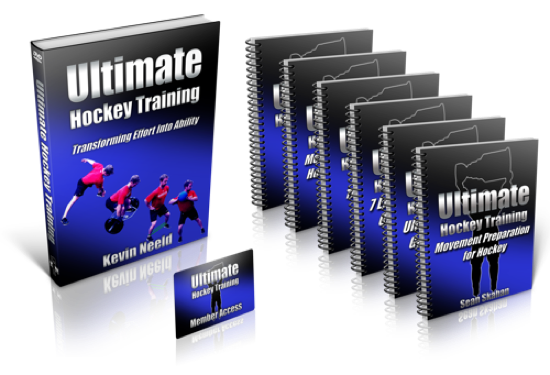




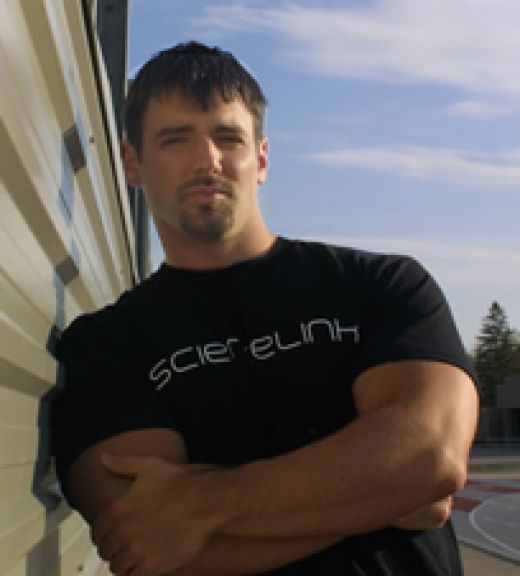
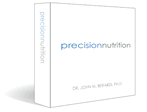
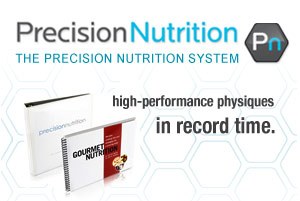
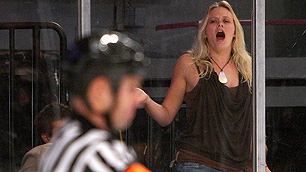
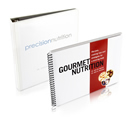
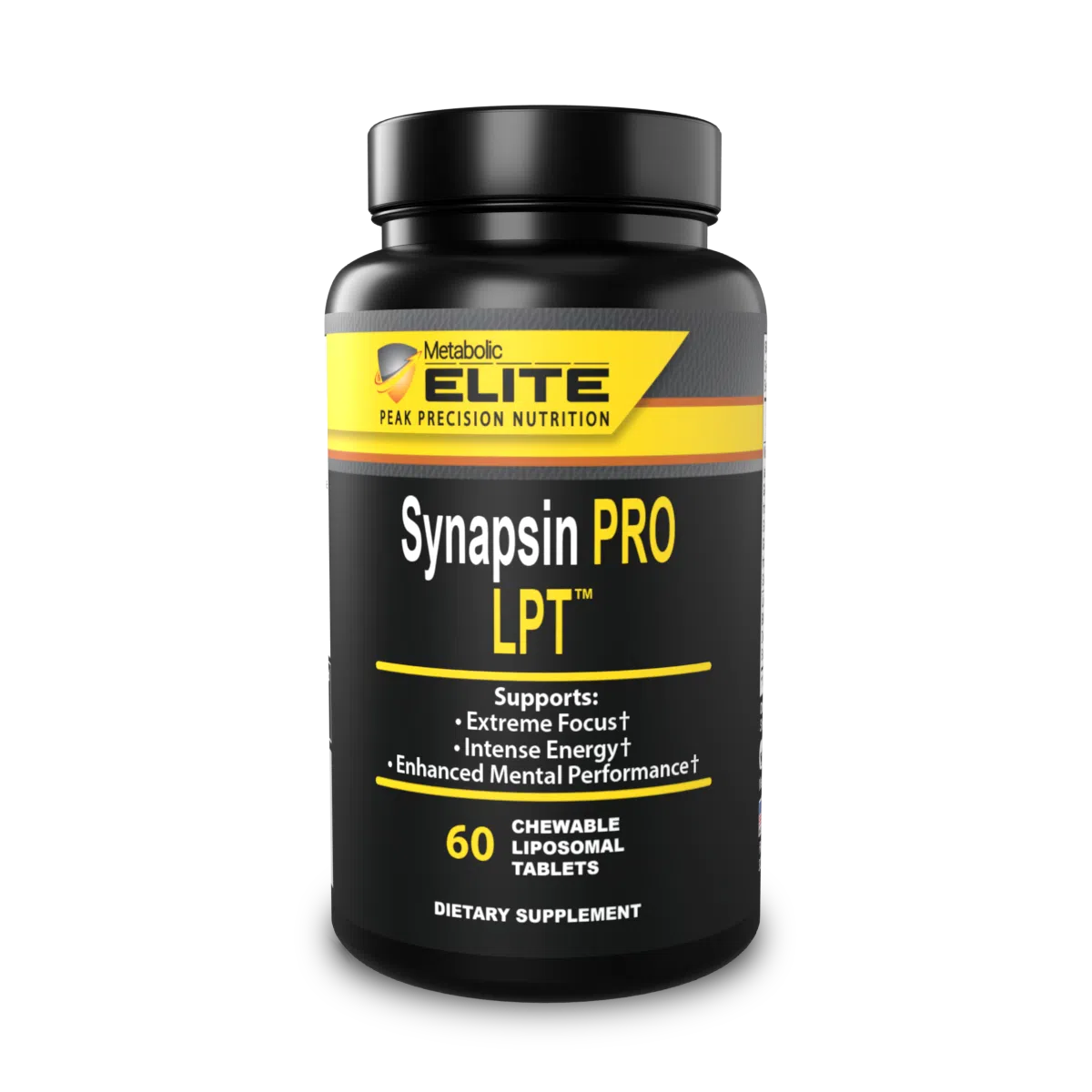 Use CODE: "Neeld15" to save 15%
Use CODE: "Neeld15" to save 15%